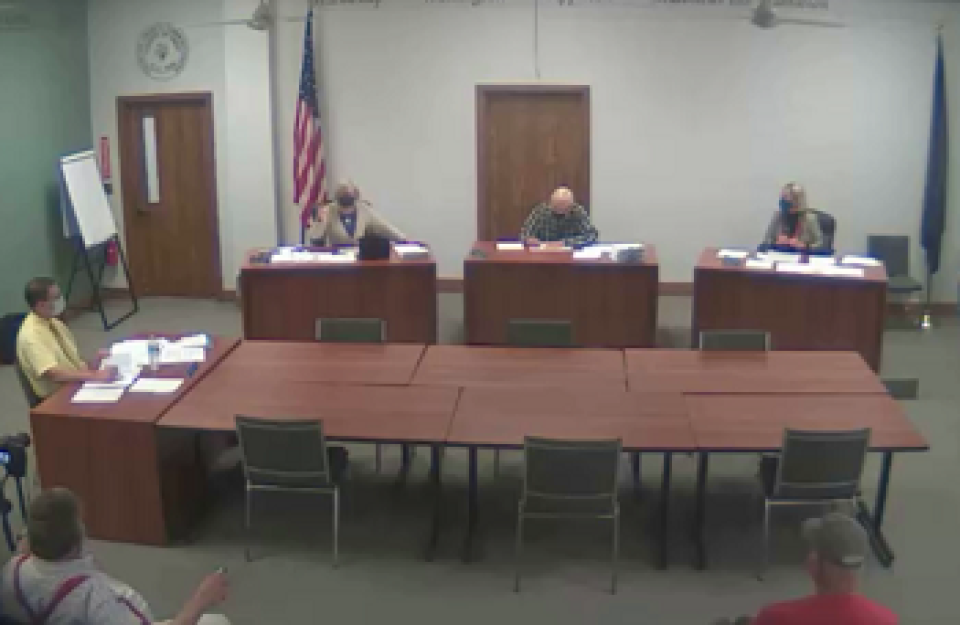Conexon Connect Completes First Major Florida Fiber Deployment
Conexon Connect has completed its first fiber to the home project in Florida, a 2,000-mile network launched in partnership with Escambia River Electric Cooperative (EREC).
In a public statement, Conexon noted that this was the sixth fiber project they’ve completed nationwide with fiber Internet access being delivered to 12,000 EREC members.

"Over the past two years, we've worked tirelessly to bring this critical infrastructure to every EREC member in Escambia and Santa Rosa counties," EREC CEO Ryan Campbell said of the milestone. "Today, every member of our cooperative has access to fast, reliable Internet, which is not just about improving connectivity – it's about enhancing quality of life, fostering economic growth and ensuring that no one in our community is left behind in the digital age.”
Conexon’s Alexis Madison told ILSR that the EREC project will be financed with approximately $21.8 million in grants, including an Escambia County grant of $6.3 million, two Broadband Opportunity Program (BOP) grants totaling $5.9 million, and a Broadband Infrastructure Program (BIP) grant of $9.6 million.







